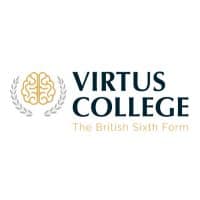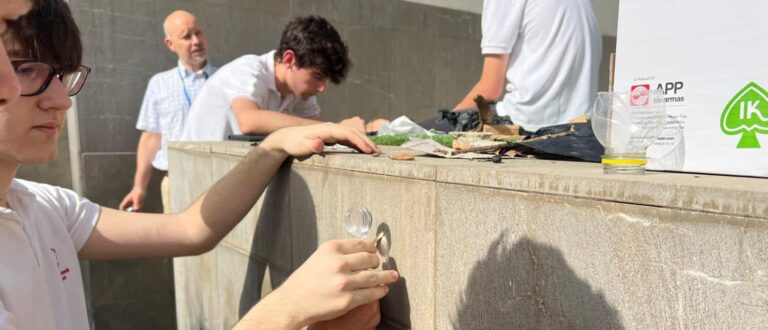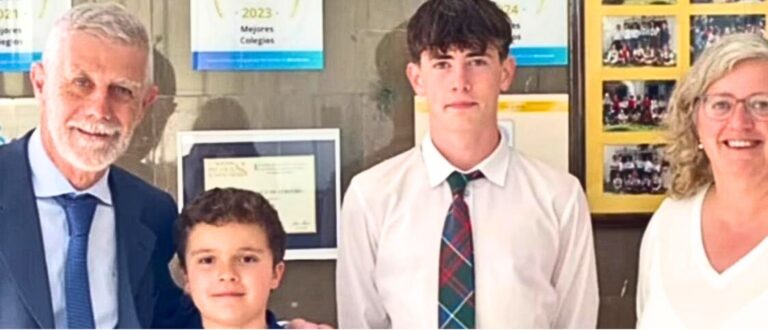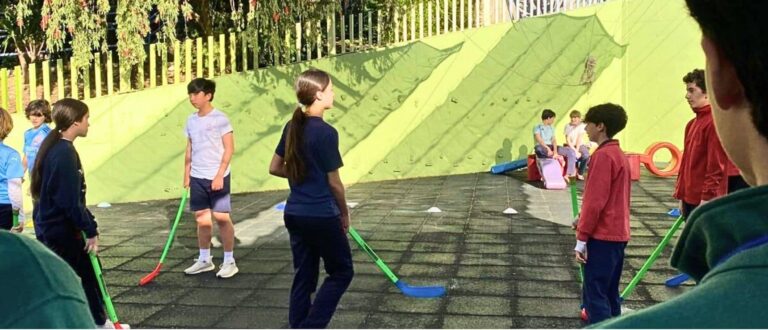Mentoring, also known as mentorship, is the process through which a person with experience and knowledge in a given field (a mentor) provides guidance, support, and advice to a person with less experience (a mentee) with the aim of assisting them in their personal, academic, and professional development.
This process involves a learning and supportive relationship between a mentor and a mentee in which knowledge, skills, and experiences are shared.
During the mentoring sessions, the mentor provides constructive feedback, giving advice and encouraging the mentee’s growth and the achievement of goals.
What is mentoring?
Mentoring can be used in different fields, such as academia, business, sports, or personal development, for example.
Mentoring has major advantages, not only for the mentee but also for the mentor.
The mentee receives knowledge and advice that they probably did not have before, acquires new skills, expands their network of contacts, and benefits from the emotional and motivational support of their mentor.
Mentors often act as role models by setting an example and transmitting values and principles to their mentees. They can also develop leadership skills, enhance their knowledge and experience by sharing it with others, and gain personal satisfaction from helping their mentee to grow and develop their potential.
Educational mentoring
Educational mentoring is a process through which a student is guided and supported by a mentor, usually someone more experienced or with advanced knowledge in a specific area.
The main aim of educational mentoring is to help the student develop their academic skills, knowledge, and expertise.
The mentor may be a teacher, tutor, fellow student, or someone with experience relevant to the student’s field of study.
Benefits of educational mentoring
Academic guidance
The mentor provides the mentee with personalised academic guidance, adjusting the learning approach according to the student’s specific needs.
This also includes advice on the curriculum, subject choices, time management, and academic problem solving.
Career guidance
In addition to academic guidance, mentors can also provide advice on the student’s professional development.
The student may receive help or advice in exploring university options, or the mentor may provide information on the labour market and offer advice on how to gain relevant experience or the university admissions process.
Development of skills
Through educational mentoring, students can develop specific skills related to their field of study, such as research techniques, improving academic writing, problem solving, or presentation or communication skills.
The development of skills will enable the student to be better prepared for their academic, professional, and personal future.
Emotional support
Mentors also support the student emotionally, helping them to overcome academic challenges and difficulties.
Through mentoring sessions, the mentor is able to help the student increase their confidence, learn about the reasons why they may find studying difficult, and so on.
Mentoring at Virtus, The British Sixth Form College
Their Mentoring Programme plays a vital role during the two years of the A-Level programme (Year 12 and Year 13) as it enables students to successfully approach their studies to suit their academic and career preferences.
Each student has their own mentor with whom they have weekly individual meetings, which allow them, at Virtus, The British Sixth Form College, to focus on the academic, university, and personal goals of each of their students.
The ongoing communication between mentor and mentee allows them to identify the needs, strengths, and weaknesses of the students, giving them the opportunity to offer a 100% personalised education.
Advantages of the Mentoring Programme
Thanks to the Mentoring Programme approach at Virtus, The British Sixth Form College, students choose the four subjects that best suit their academic and career aspirations.
A good choice of subjects during their British Sixth Form life is vital, as many universities require them to take certain subjects depending on the degree they want to study.
For example, to study Chemical Engineering at Imperial College London, students would need an A* in Chemistry, an A* in Mathematics, and an A in Biology, Business Studies, Economics, Further Mathematics, or Physics.
Another example is the Business degree at Erasmus University Rotterdam, for which subjects such as Mathematics, Business, and Economics are recommended.
The Mentoring Programme at this British school also offers support for students during their university application process.
This is one of the most important moments in a student’s academic career, and that is why at Virtus, The British Sixth Form College, they pay special attention to it, helping students to write a good personal statement and collect all the necessary documents for their university application.
The experience and closeness between mentors and mentees at Virtus, The British Sixth Form College, creates a pre-university environment that motivates and prepares students for their academic, professional, and personal future.






